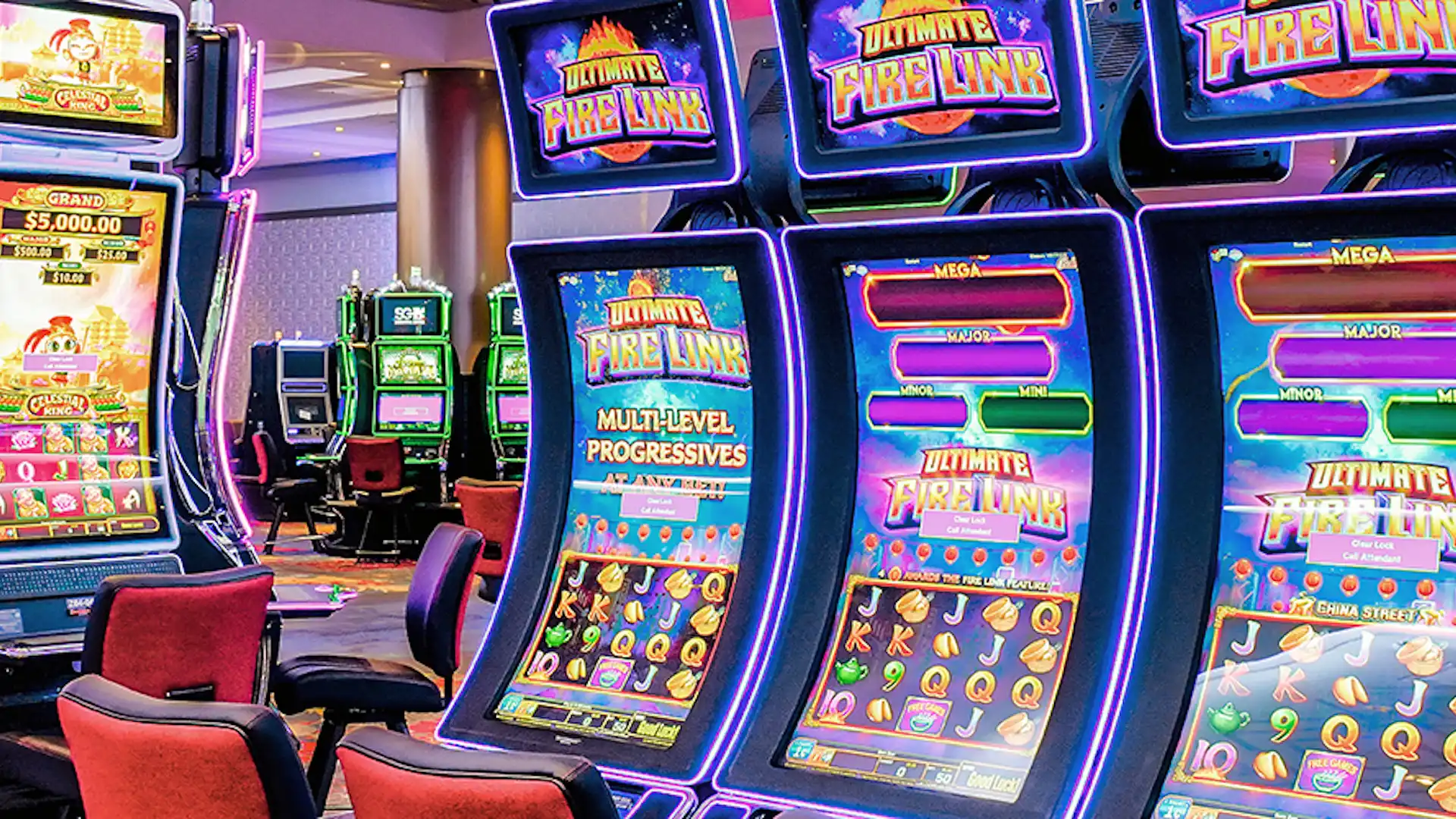
Casino games have long been connected with the thrill of chance and the anticipation of luck. Many players walk into a casino with the belief that their success is contingent solely on luck. However, a more profound exploration reveals that these games encompass much more than just the element of luck. Understanding the rules, approaches, and human behavior behind casino games can greatly enhance the experience and improve one’s chances of winning.
Beyond the captivating sounds of spinning reels and rolling dice, casino games involve a diverse array of expertise, methodology, and judgment. Whether you are playing blackjack, poker, or even baccarat, knowing the strategies can significantly influence the outcome of the game. Moreover, the mindset of the participants and understanding the odds behind each game can shift the equilibrium of success away from mere luck. 79king By understanding these layers, players can appreciate casino games as a combination of fun and intellectual challenge, transforming their perspective from one of passivity to one of active engagement.
The Psychology of Gambling
Grasping the psychology behind gambling shows that player behavior is driven by far more than mere chance. The excitement of risk, immediate reinforcement, and a potential for achieving large sums can create a intense emotional experience. Many players find themselves captivated by the thrill, which can lead to a cycle of increased betting and gambling, often driven by a hopeful optimism that colors their perceptions of winning probabilities.
An additional crucial element in the psychology of casino games is an illusion of control. Many gamblers think that their decisions, such as the choice of games or wagering strategies, can significantly affect the outcome. Such a belief can enhance their engagement and enjoyment, but it also adds to persistent gambling behavior, as players often underestimate the role of randomness in these games. The thrill derived from making choices gives players a sense of involvement, which can be misleading in terms of understanding the true odds involved.
Furthermore, the environment of the casino plays a crucial role in shaping a gambler’s experience. Factors like lighting, sounds, and the presence of other players create a stimulating atmosphere that enhances the thrill of the game. This carefully designed environment can lead individuals to lose track of time and money spent, as they become enveloped in a sensory experience that heightens their affective investment. Identifying these psychological dynamics is essential for comprehending why casino games attract players and keep them coming back for more.
Expertise vs. Luck in Casino Games
In the world of casino games, the debate between expertise and chance is a significant one. Many players think that fortune is the dominant factor, especially in activities like slot machines where outcomes are arbitrary. However, there are activities that clearly demonstrate the significance of skill, such as poker and blackjack, where players can employ strategies and choices that affect their overall success. Understanding the mechanics and nuances of each activity can greatly affect a player’s outcome and success.
The role of expertise becomes apparent when considering the various tactics accessible to players. In games like Texas Hold’em, for example, players must analyze their rivals, assess probabilities, and make informed decisions based on their hand and the shared cards. This level of strategy demonstrates how skilled players can consistently outperform novices, proving that success is not solely based on chance but rather on the application of insight and experience. Similarly, in blackjack, players can use techniques like card counting to gain an advantage over the house, further showing the importance of expertise.
On the flip side, luck cannot be completely disregarded in any casino game. While skill can enhance a player’s odds of success, unpredictable outcomes still play a significant role. Even the most effective tactics can falter due to the arbitrary character of card draws or spins. This interplay between expertise and chance creates a dynamic gaming environment where players must adapt and react to unpredictable events while also leveraging their abilities. Ultimately, effective casino gaming is a blend of both factors, contributing to the complexity and thrill of the experience.
Tactics for Success
To triumph in gaming, players must understand the value of developing a strategy customized to the specific title they are engaging with. Each title has its specific set of guidelines, probabilities, and nuances that call for a cautious strategy. For example, in titles like poker, players can use techniques such as statistical tracking to make smarter decisions and improve their potential of success. Comprehending the odds and rewards associated with various games can enable players to make better choices and enhance their overall enjoyment.
Money management is an additional crucial strategy that cannot be ignored. Players should define a budget for their gaming sessions and adhere to it. This guarantees that they do not overspend and helps maintain a level of control over their gambling habits. Deciding in advance what to stake and when to stop can prevent emotional decisions that frequently cause big losses. Prudent bankroll management permits players to enjoy casino games without the concern of losing more than they can afford.
Finally, drawing lessons from gameplay and watching other players can provide beneficial perspectives. Many successful players dedicate time evaluating not only their own gameplay but also that of others. This observation can uncover various tactics and approaches, ultimately leading to better choices. Engaging in self-reflection after gaming sessions helps players pinpoint what worked and what was ineffective, enabling them to refine their strategies over time. By combining insight, self-control, and awareness, players can enhance their chances of winning in gaming.